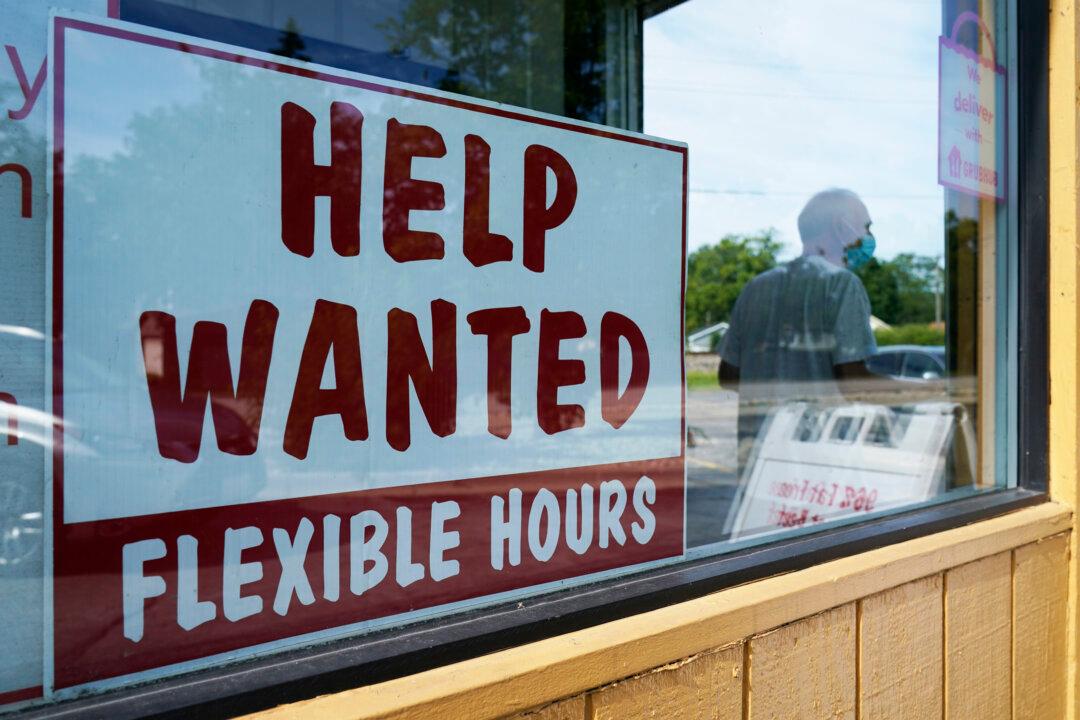Republican voters seem to think differently about their economic interests in the party reshaped by former President Donald J. Trump.
As part of an August survey of 1,000 Republican voters, American Compass and YouGov asked respondents to make sense of recent complaints of worker shortages.





